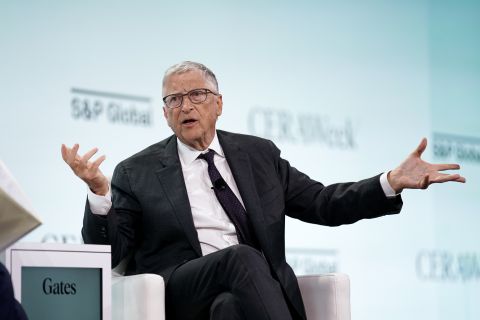WASHINGTON—Washington could still slap tariffs on oil imports to the United States if global crude producers fail to keep their pledges made over the weekend to reduce output, the top U.S. energy diplomat said on April 15.
“In terms of the tariffs, it continues to be something that’s on the table,” Frank Fannon, the U.S. assistant secretary of state for energy resources, told reporters in a call.
Global oil producers came to an agreement on April 12 to reduce global oil output by a record 20 MMbbl/d, a figure that includes cuts from OPEC+ group members like Saudi Arabia and Russia, and reductions from other producers like the United States.
Crude prices have plummeted as global demand collapsed on the coronavirus outbreak while Saudi Arabia and Russia produced oil flat out in race for market share. On April 15, U.S. prices hit an 18-year low below $20 a barrel on a big jump in inventories.
President Donald Trump had said before the deal he could slap “very substantial tariffs” on imports of oil if prices stayed low, but that he did not expect he would need to since neither Russia nor Saudi Arabia would benefit from continued low prices. Trump spoke several times with Saudi Crown Prince Mohammed bin Salman and Russian President Vladimir Putin about oil markets ahead of the deal.
The powerful lobbyist group API had written Trump a letter expressing opposition to tariffs which could raise costs for oil refining companies that still import crude, including from Saudi Arabia.
“It’s certainly something the president had weighed but he consistently said it was a lever he didn’t think he would need to pull,” Fannon added.
Washington will be watching compliance to the cuts closely, Fannon said. “It’s still something to monitor and watch and I think we will all be monitoring it closely and constantly, engaging with our partners around the world to ensure that we reduce the volatility that is in the market,” Fannon said.
In addition to tariffs, Republican U.S. senators put pressure on Saudi Arabia by introducing legislation to remove U.S. troops from the kingdom. The legislation was unlikely to pass but sent a clear message to the crown prince.
Congress has a role to play, Fannon said. “I know they are continuing to monitor and want to see action” by producers to implement the cuts, he said.
Recommended Reading
Tangled Up in Blue: Few Developers Take FID on Hydrogen Projects
2024-04-03 - SLB, Linde and Energy Impact Partners discuss hydrogen’s future and the role natural gas will play in producing it.
Identified Need: Hydrogen Safety Standards in an Emerging Sector
2024-03-22 - Establishing fire protection measures remains critical for industry growth.
Energy Transition in Motion (Week of April 19, 2024)
2024-04-19 - Here is a look at some of this week’s renewable energy news, including the latest on global solar sector funding and M&A.
Energy Transition in Motion (Week of March 28, 2024)
2024-03-31 - Here is a look at some of this week’s renewable energy news, including proposals submitted to develop about 6.8 gigawatts of wind projects offshore Connecticut, Massachusetts and Rhode Island.
Bill Gates: ‘A Heroic Effort’ is Beginning, but Climate Goals Still Won’t be Hit
2024-03-26 - Bill Gates said during CERAWeek by S&P Global that the energy transition was picking up speed but still wouldn’t be able to achieve the climate goals established under the Paris Agreement of 2015.





